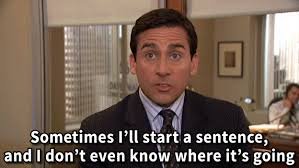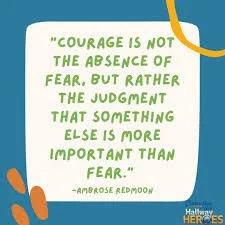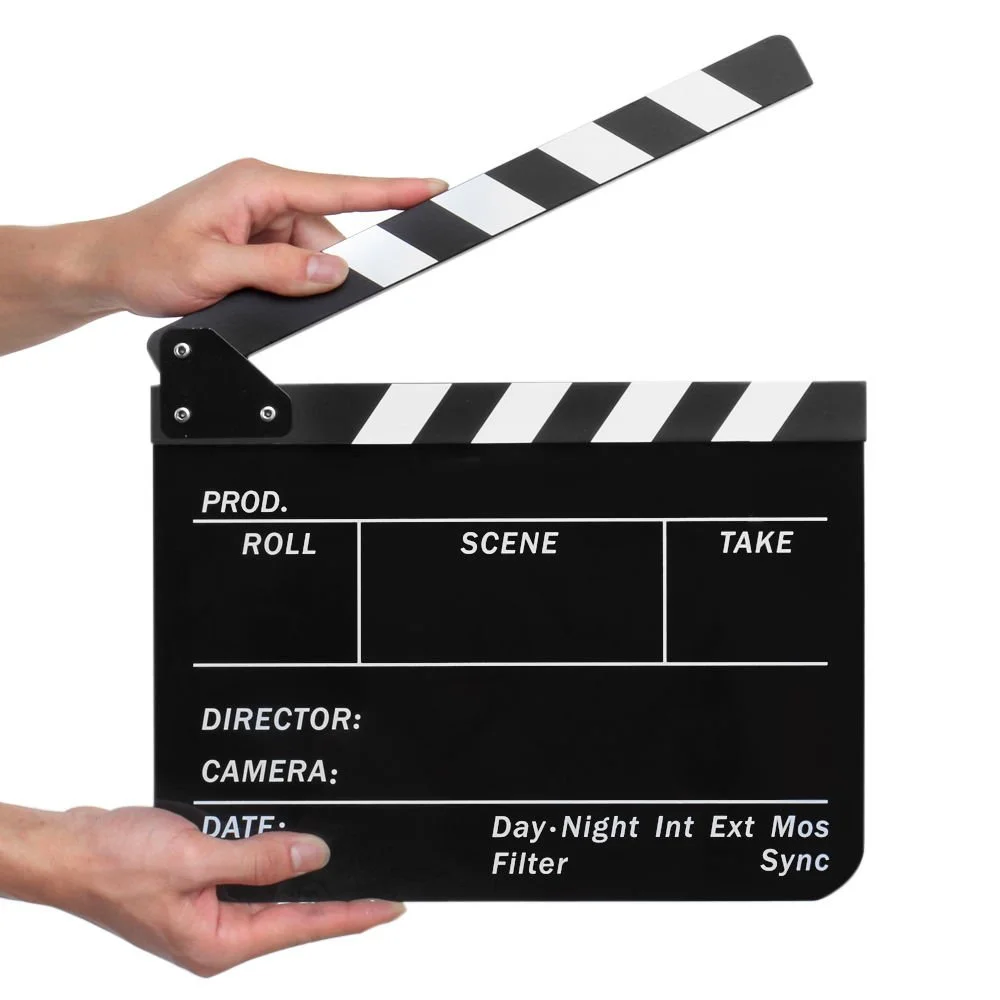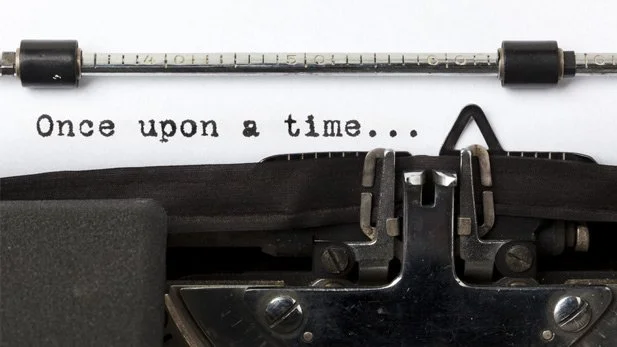The Greatest Tool in the Therapy Room
In school we heard that we need to take ourself out of the therapy room. Don't touch your client, don't disclose anything and don't make it about you. Yes and no.
EFT Burn Out
We genuinely care. We want to help others. We don't take seriously the toll this kind of work has on us.
How to Make the Most out of EFT Supervision
Let me help you get some bang for your buck. If you're in EFT Supervision, or thinking about it - here are some tips to help you prepare:
Secure Attachment with EFT
Wouldn't it be great if EFT could give you a hug? Just reassure you that you're ok just as you are? Maybe that's what we need to do for each other as we learn this model.
What’s Happening Right Now is What Got Us Here
What's really counter-intuitive is that we have to go to the present to mend the past.
Grow As We Go
I don't think you have to leave
If to change is what you need
You can change right next to me
When you're high, I'll take the lows
You can ebb and I can flow
And we'll take it slow
And grow as we go
Attunement 101
EFT therapists attune to themselves and their clients to respond and bring into harmony an emotional experience.
Sloppy Enactments
Go ahead and send it across anyway. You'll get a block and maybe what they need more than anything is your response to it.
Pursuer and Withdrawer Myths
Hi. My name is Kelly and I'm a pursuer. Recovering, of course.
Go in Through the Front Door
We heard in grad school the very cunning ways of how to “go in through the back door.”
Grief and Attachment
When you are bonded, that bond is in the very fabric of your being. Physical death is something the heart can't understand, or accept. The physical presence leaves, but the bond stays and your brain can't make the separation so quickly.
Action Tendency Questions
If clients can't make the connection between real life (protective behaviors/reactive emotion) and the "new conversation" (therapy - slow and safe), then they'll never actually get to second order change.
Changing “Slow”
As I listened more, it dawned on me that we EFTers always say, "Go slow" and I think (especially for stage 1), we need to change that to "Go boldly IN" - it's a really active move for the therapist. Slow has a passive connotation.
EFT Superpower
I used to hide the fact that I'm hearing impaired. I wouldn't say I was ashamed of it, I just didn't want it to be a focus. I've always wanted to be "normal." Well. Guess what? I'm not normal - and it's a good thing! (That only came after my own therapy).
Reflecting Emotion
A reflection - with emphasis on attachment and emotion is a skill that takes years to perfect, but also the simplest, most effective way of being with your client. Only then, can we intervene and ask a question or help link to action tendency.
The Price of Love
I've noticed that a lot of couples think the goal of therapy is to not cycle. Even after we validate their action tendency/secondary emotions - they still get the message that the goal is to just not do that.
The “F” in EFT
I've been reminded lately of how important the F in EFT is (Focus). Clinicians (myself included) get so caught up in what step/stage we're in so we can "go for the kill" and have that magical EFT moment, that we lose sight of the basics.
The Opener
Just like a writer has angst over how to start a novel, we think about : "How do you start a session as an EFT therapist?"



















